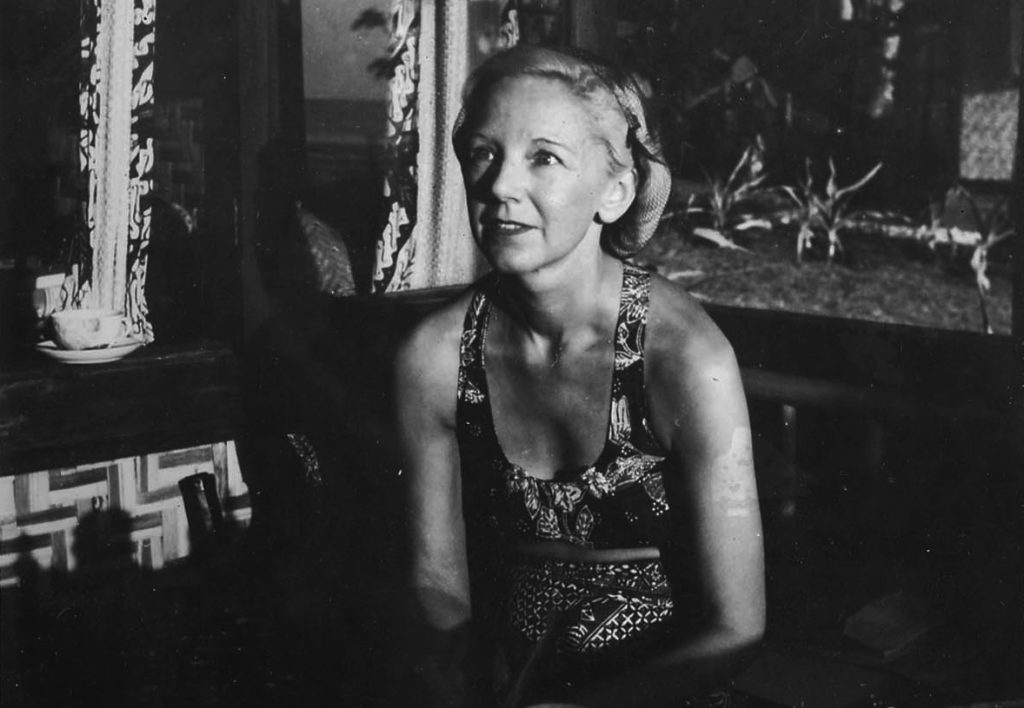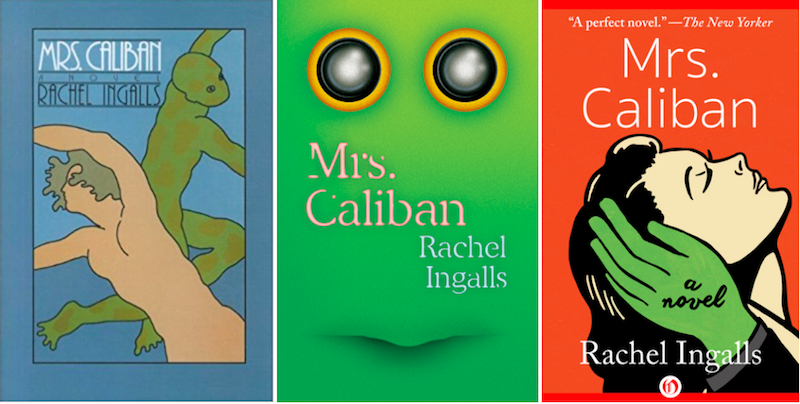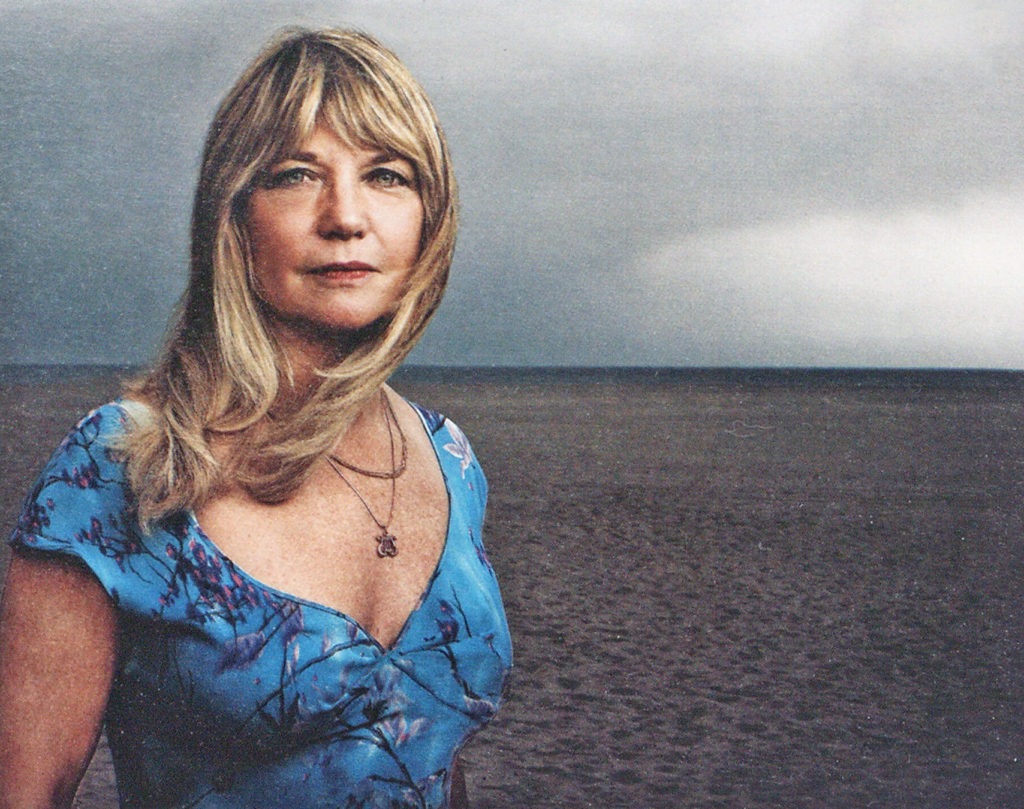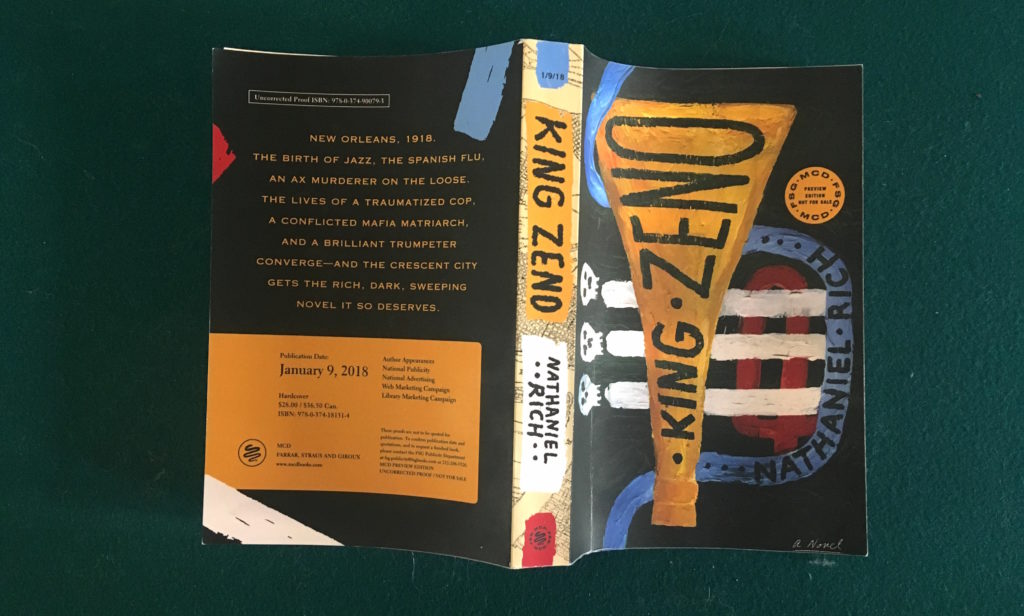【Watch My Sister's Idol Trainee Friends Online】
Staff Picks: Dorothy,Watch My Sister's Idol Trainee Friends Online Oz, and Arkansas
This Week’s Reading

Anna Kavan
If a “beach read” is light and easy reading for the warm summer months, then Anna Kavan’s Ice is its cold-season equivalent, a book to complement the contemplative stillness of winter weather. Ice was recommended to me by a colleague, and I picked up Penguin Classics’ fiftieth anniversary edition (it was originally published in 1967). Like the fine intricacy of frost on a window, Kavan’s novel is hypnotically and delicately complex. The plot itself is deceptively simple: a nameless narrator seeks to rescue the object of his affection, the also nameless “glass girl,” from her abusive captor, referred to as “the warden.” The quest traverses a frozen apocalyptic landscape, and the structure of the hero’s journey is subverted by strange, hallucinatory scenes and shifts in narrative perspective. The hero’s antagonists are the totalitarian regimes and unrelenting frigid cold of his environment, but also the obsessive visions occurring in his mind. The introduction and afterword of this edition offer insight into the character of Kavan herself, and how the political and social allegories of the novel are layered with allegories for Kavan’s personal struggle with trauma and addiction. Even half a century later, the concerns of the Ice find serious foothold in the preoccupations of today, and, much like the substance for which it is named, brilliant and blinding moments are refracted through clear, sharp prose. —Lauren Kane

When I picked up Rachel Ingalls’s Mrs. Caliban, I knew little about it beyond the pull quote on the front cover (“A perfect novel,” The New Yorker). I slipped it into my carry-on because it was tiny, more novella than novel, and, ever the wild thrill seeker, I skipped the intro and read without any clue as to genre. But Mrs. Caliban, first published in 1982,is genre-defying no matter how prepared you may be. It’s a B-movie premise: Dorothy, a suburban housewife, encounters an aqua man, escaped from a laboratory, with the face of a frog and a smooth, green, muscled body. His name is Larry. Pulsing underneath the kitschy setup are soul and wit, longing and strangeness. Dorothy falls in love with Larry, who, on their first morning together, slips her nightdress from her shoulders with unabashed curiosity. Larry pronounces all the syllables of the word vegetables, develops an adoration of avocados, watches television all day, and asks, of Dorothy’s bathrobe, “Is the dress you are wearing a garment of celebration?” The plot races forward to perfectly plotted cataclysm. For all its merits, though, Mrs. Calibanhas consistently failed to find its audience: while beloved by writers like John Updike and Daniel Handler, it received little attention when it was first published. Now, thanks to New Directions, it’s back in print for the third time—hopefully, this one’s the charm. It’s a book you want to press into other people’s hands. It has, in fact, been staff picked here before: by my colleague, Caitlin, back in May. Immediately after finishing, I pushed it upon the person physically closest to me, my mother. She read it in a single sitting, then declared herself, “unable to relate to stories about bored housewives.” But the book is, I promise, so much more. —Nadja Spiegelman
It is 2018, and I am thinking about health and resolutions, but I’m also thinking about nukes. I, like many, fear being blown into oblivion. Command and Control, a fascinating PBS documentary based on Eric Schlosser’s book of the same name, bolsters this unease with a new thought: What if the warhead that dooms us is, in fact, one of our own? The film plays out like a thriller, carefully unfolding the tale of how a routine checkup on a Titan II missile nearly led to the decimation of Arkansas and the surrounding area in 1980. If that had happened, my parents, who met in Little Rock, wouldn’t have, they wouldn’t have met anyone ever again, and I wouldn’t be writing this staff pick. (Which, depending on whom you ask about the last part, might be a good thing, but I count my blessings.) —Brian Ransom

Carol Muske-Dukes
Lately, I’ve been curling up with the newest collection of poetry by Carol Muske-Dukes, Blue Rose. Though it’s a slender compendium, comprising no more than thirty-two poems, its thin spine belies the gravity of what’s inside: much of Muske-Duke’s verse kneads at the hardships of womanhood. She writes of the wives in hijabs who line up in Srinagar, India, for a medical procedure, their husbands cursing outside (“They come when the pain compels them”); of having an abortion after Roe v. Wade (“When my name / was called I went to have it done and then knew / I had my life back but covered myself with blood— / mine and some not—but still of me”); of marriages that end when one partner dies. Alongside those are homages to women that came before: the painter Paula Modersohn-Becker, the poets Ina Coolbrith and Adrienne Rich, and Catherine Sophia Blake, wife of William Blake—inspiration to persevere. Though nearly every poem heaves with grief or torment or even, at times, profound love, the lines that rattle me most are those by a daughter visiting her mother in a hospice: “You brought me here alive. / You taught me everything but how to let you die.” (NB: “No Hands,” a poem from this collection, first appeared in issue no. 208 of the Review.) —Caitlin Youngquist
I’m always reading online about how to unplug. But a few weeks ago, I came across some advice I decided to take. I went to Settings > General > Accessibility and turned my iPhone to grayscale. The idea was, I’d spend less time on my phone, because everything is lamer in Kansas than in Oz. Well, cut to today, I still use my phone about the same amount as I used to—that part failed. But there is certainly a change. When I turn the color back on, I recoil, blinded. It’s like opening a USA Today while eating a whole package of Peeps. Close the drapes! What I like is that grayscale softens. Grayscale soothes. And it satisfies an instinct for self-denial without requiring that you do anything—just endure a general drabness that I, for one, naturally take to. What’s more, it’s also fun for photography. It makes you see in a different way. In this snowstorm, everything is grayscale. The streets and shops and parked vespas—all grayscale. It’s a drag in some ways, but it’s also magical. It mutes traffic noise. It softens. It soothes. I don’t recommend that everyone bomb-cyclone their smart device. (I’m only talking about phones—I’m not about to set my laptop to grayscale. I’m not Henry David Thoreau.) But if you’re grayscale-curious, you know where to go. Settings > General > Accessibility. There’s no place like home. There’s no place like home. —Brent Katz

Jamila Woods
Last month, in its 2017 recap of my habits, Spotify notified me that my most-listened-to artists were the feel-good jazz singers Corinne Bailey Rae and Norah Jones. That’s embarrassing for a hip youth such as myself, perhaps, but I present it to you unashamed. In this bad-weather week, my R & B rotation is in need of a serious Emergen-C boost. That is currently being provided by Jamila Woods’s 2016 album HEAVN, which infuses my freezing apartment with playground beats and black revolutionary spirit. —Eleanor Pritchett
That I have never read the Bible has long been, for me, a source of considerable consternation. It is difficult to say why, given I was raised both Jewish and secular, only that it strikes me as one of those things a person is obligated to know about, like Hamlet or the latest Game of Thrones. So when I heard, on the first episode of The Paris Review Podcast, that Maya Angelou kept a King James Bible on her bedside while she wrote—along with a Roget’s Thesaurus, a dictionary, yellow pads, an ashtray, and a bottle of sherry—I took it as justification to pick up a copy over the break. A lapsed Presbyterian friend of mine—who, though now a disenchanted atheist, retains a fondness for peppering his speech with scripture—recommended that I read Ecclesiastes, in particular. I would like Ecclesiastes, he said, because “it’s just some straight-down-the-middle cynical existentialism.” It was, and I did. Some of my favorite verses: “Folly is set in great dignity, and the rich sit in low place. I have seen servants upon horses, and princes walking as servants upon the earth”; “But if a man live many years, and rejoice in them all; yet let him remember the days of darkness, for they shall be many. All that cometh is vanity.” It is not hard to understand Angelou’s admiration for such lines; contained in them are strains of Shakespeare, a hint of Hemingway, and most of Twitter. Of course, my mother was unsettled to find me at the kitchen table on Christmas morning reading any kind of Testament, Old or otherwise. She needn’t worry, though: next come the ashtray and the bottle of sherry. —Spencer Bokat-Lindell

Early on in Nathaniel Rich’s King Zeno, Isador Zeno describes his relationship to music “as a conversation with the Dark Unknown—the dimension of the world that was hidden to the world, that bubbled beneath the surface, or above the surface, or in parallel to the surface, what Miss Daisy called the ‘spirit realm,’ or what he’d once heard Kid Ory describe, in a set at Economy Hall, as ‘the dominion of the imperceivable.’ ” Zeno, a brilliant but down-and-out, mixed-race cornetist, finds himself in the middle of a criminal conspiracy while he tries to keep his head, his music, and his young family alive in New Orleans in 1918. Oh, and there’s an axe murderer on the loose, but the troubled detective William Bastrop, just back from the literal trenches of World War I, is on the case. In Zeno and Bastrop’s New Orleans, secrets get buried deep in primordial muck. But the city is changing, and just as the digging of the Industrial Canal exposes centuries-old forests under the swamp, that world beneath the surface—the “dominion of the imperceivable”—has a memory older than time; it only takes someone getting dirty to uncover its mystery. King Zenois a great detective novel, a fitting tribute to the Crescent City. —Jeffery Gleaves
Search
Categories
Latest Posts
Every MCU movie villain ranked, from "Iron Man" to "Thunderbolts*"
2025-06-26 05:56How Samuel Johnson Celebrated His Sixty
2025-06-26 05:55Songs of Innocence
2025-06-26 04:00The Morning News Roundup for September 23, 2014
2025-06-26 03:42Today's Hurdle hints and answers for May 9, 2025
2025-06-26 03:24Popular Posts
Best iPad deal: Save $132 on Apple iPad (10th Gen)
2025-06-26 05:51The Morning News Roundup for October 1, 2014
2025-06-26 04:14Insure Yourself with William Faulkner
2025-06-26 03:56Sadie Stein on Polly Bergen
2025-06-26 03:48Featured Posts
The Morning News Roundup for August 28, 2014
2025-06-26 05:23The Morning News Roundup for September 18, 2014
2025-06-26 04:41Hints for Hosts by Sadie Stein
2025-06-26 03:57Is it 'Thunderbolts*' or *The New Avengers'?
2025-06-26 03:35Popular Articles
Hidden Siri Commands and Unusual Responses
2025-06-26 04:45Food for Thought
2025-06-26 04:35Inside Albertine by Dan Piepenbring
2025-06-26 04:11The Morning News Roundup for September 15, 2014
2025-06-26 03:53Newsletter
Subscribe to our newsletter for the latest updates.
Comments (5333)
Steady Information Network
The fat bears are already extremely fat
2025-06-26 05:34Vigorous Information Network
Pastless Futureless Man
2025-06-26 04:56Neon Information Network
Natty Bumppo, Soviet Folk Hero
2025-06-26 04:24Creation Information Network
What It Means to Be a Line?
2025-06-26 04:14City Information Network
NYT Strands hints, answers for May 5
2025-06-26 03:39